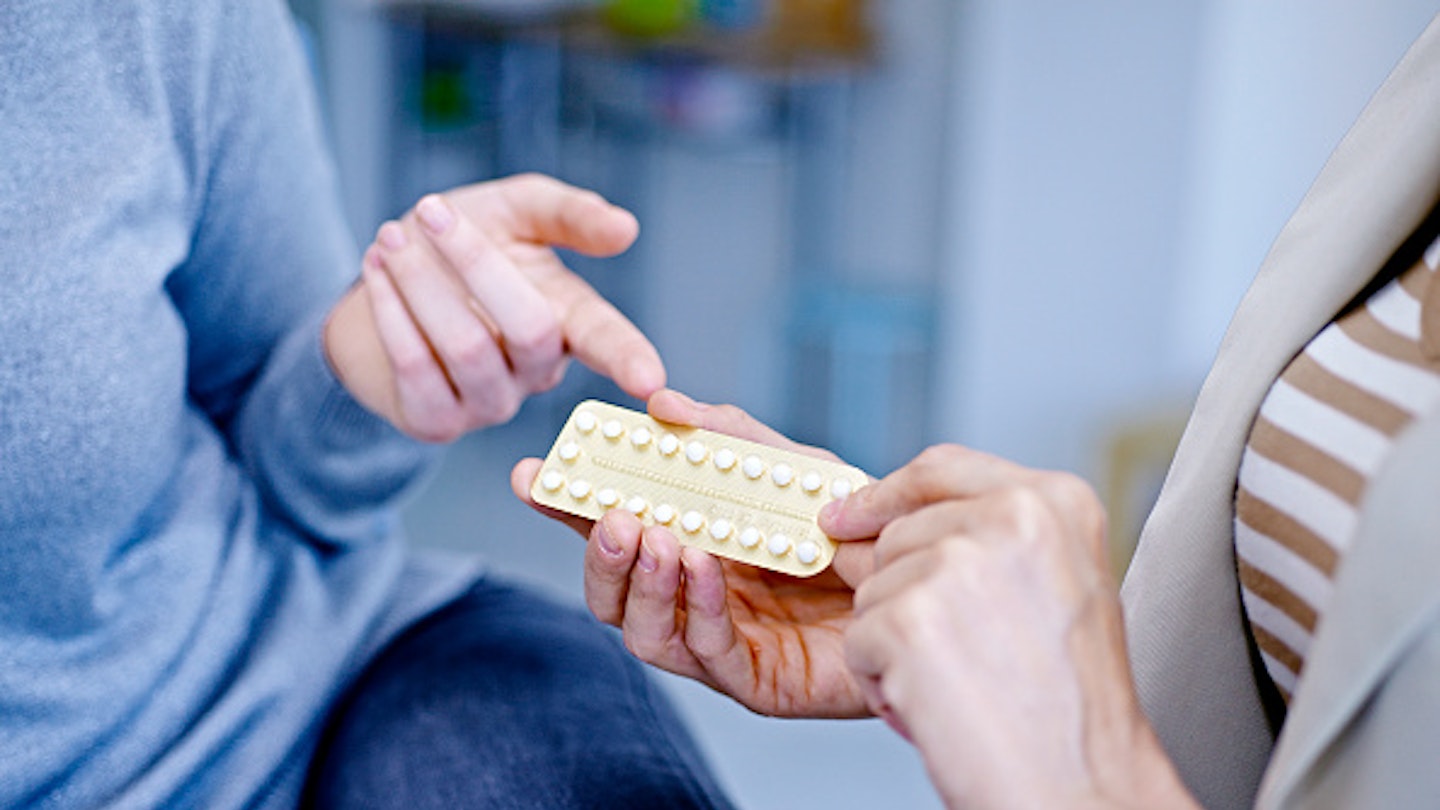I remember my first appointment to get the pill. I was in my late teens and I sat down with my GP to discuss contraception options. I was told about a few possible side effects (blood clots, a change in mood, weight gain, low libido), but I don't recall cancer ever being mentioned. And at that age it didn’t occur to me to ask. Over the years I renewed my repeat prescription unthinkingly, totting up well over a decade of mindless swallowing of tablets I barely knew anything about.
Unlike so many of my friends who found it wrecked havoc on their mental health (countless studies have identified strong links between taking the pill and poor mental health), it worked for me, so I carried on. My prescriptions were renewed three months at a time; I’d have my blood pressure checked, but I wasn't asked about a history of cancer in the family. Luckily, I don’t have any relatives who’ve had the disease, but I would have liked to know there was a link between the pill and breast cancer – however small.
A new study by University of Oxford researchers is the first to comprehensively discover a link between all forms of hormonal contraception and breast cancer. The new research, out this week, has found for the first time that the commonly-used, newer progestogen-only pill carries the same risk of breast cancer as the traditional combined pill. All forms of hormonal contraception, including the pill, the implant or an intrauterine device (IUD or coil), were found to increase the risk of breast cancer by between 23 and 32 per cent, reports The Times.
The data shows the use of progestogen is associated with a 20-30% higher risk of breast cancer. This builds on previous research which shows that use of the combined contraceptive pill, which contains oestrogen and progestogen, is associated with a small increase in the risk of developing breast cancer that declines after you stop taking it.
These percentages sounds alarming. But experts suggest the benefits of taking the contraceptives may outweigh the risk of taking the pill. And Cancer Research points out that, while the contraceptive pill slightly increases the risk of breast cancer, it decreases the risk of ovarian cancer and womb cancer.
Claire Knight of Cancer Research UK, which funded the study, said the risk was small and should not discourage most people from taking the pill.
‘Women who are most likely to be using contraception are under the age of 50, where the risk of breast cancer is even lower. For anyone looking to lower their cancer risk, not smoking, eating a healthy balanced diet, drinking less alcohol, and keeping a healthy weight will have the most impact,' she said.
She goes on that there are lots of possible benefits to using contraception, 'as well as other risks not related to cancer. That’s why deciding to take them is a personal choice and should be done after speaking to your doctor so you can make a decision that is right for you.’
She makes a good point that so much of what we do comes with a risk of developing cancer. I know walking down a busy road means exposing myself to harmful pollution, yet I don’t stay indoors. But what feels so frustrating with this revelation is how late it has come. Women should have had the facts and stats made clear from the get-go so we could make informed decisions.
The link between breast cancer and the combined pill was first identified in 1996. Despite this, I don't remember it being mentioned in any appointments I've had when getting the pill.And this latest study, published in the journal Plos Medicine, is the first to comprehensively establish a link between all forms of hormonal contraception and breast cancer. Why has it taken until 2023? Women's health never seems to take precedence.
For me, without a history of cancer in the family, I may choose to continue taking the pill (I am currently). But I have friends and know of other young women whose close relatives have had breast cancer. This finding has rightfully scared them and prompted them to stop taking it immediately. One woman, on reading the findings of the new study, wrote on Twitter: ‘I am one of those women. I was unknowingly feeding my estrogen driven cancer by taking the pill.’
It's hard to ignore the role the gender health gap plays in us only hearing about this now. When you look at the data, we see healthcare systematically discriminates against women, as author Caroline Criado Perez discusses in her book Invisible Women, Exposing Data Bias in a World Designed for Men. The male pill is still under research – if it had been introduced in the Sixties, do we really think research would only now be discovering links to cancer? I bet not.
Whether this revelation will have much impact on the number of prescriptions issued is hard to know, but as with other areas of women’s health - which lack research, funding and attention - it’s information women should have been presented with long ago. I hope every teenage girl who visits her GP to discuss contraception is clearly told about these findings so she can make up her mind knowing everything.
